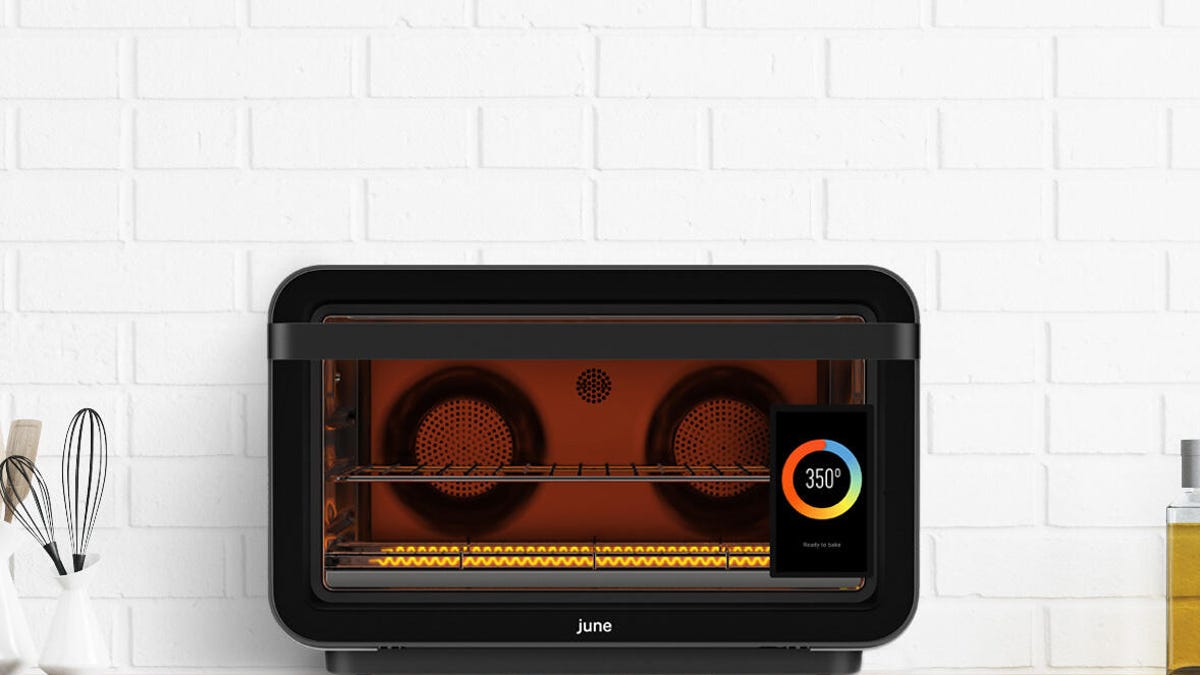At technology consumer shows like CES, the energy is palpable as attendees flock to booths showcasing the latest in smart kitchen technology. Smart ovens, once the stars of the convention floor, were abundant in 2024 but failed to generate much excitement. The oversaturation of smart kitchen products, which have been around for nearly a decade, may explain the lukewarm reception. Alternatively, it could point to a misjudgment regarding consumer preferences when it comes to cooking.
The smart kitchen category is projected to reach an impressive $76 billion by 2033, according to a forecast report by consulting firm Spherical Insights. However, smart kitchen products currently only make up 2% of the overall global valuation of $721 billion in 2023.
So, what exactly defines a smart kitchen? It’s a broad term encompassing devices that are either Wi-Fi enabled, AI-powered, or both. These appliances allow users to control, monitor, and receive notifications about their cooking processes remotely. Additionally, smart kitchen tech includes features that recognize food elements and adjust cooking behavior for optimal results.
While there’s no shortage of smart kitchen gadgets on the market, the question remains: Are consumers actually buying them? Brands like Breville and Ninja have introduced smart blenders and food processors that adjust speeds based on ingredient consistency, while smart refrigerators can identify contents and suggest recipes. However, the hefty price tags attached to these AI-powered appliances may be deterring potential buyers.
The smart oven, in particular, has struggled to gain widespread adoption despite remarkable engineering and marketing efforts. Models like the Brava and Tovala promise to revolutionize cooking with features like infrared heat and dynamic cooking programs. Yet, their high prices and limited functionality have hindered their success in the market.
In conclusion, while smart kitchen technology offers convenience and innovation, it may not align with the desires of consumers who value the experience of cooking from scratch. As the industry continues to evolve, it will be interesting to see how smart kitchen brands adapt to meet the demands of a discerning audience.

